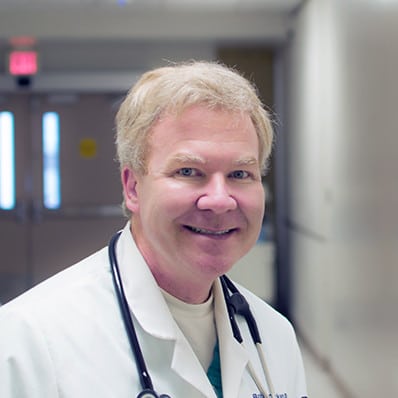Emergency Medicine vs. Internal Medicine: Key Differences Explained by Dr. Robert Corkern
Emergency Medicine vs. Internal Medicine: Key Differences Explained by Dr. Robert Corkern
Blog Article

In regards to healthcare, many individuals frequently confuse disaster medicine with inner medicine. Equally are essential divisions of medication, but they offer very different tasks in individual care. Dr Robert Corkern Mississippi, a well-known medical specialist, describes the important thing differences between these two specialties, shedding gentle on their own stresses and how each contributes to patient health. Knowledge the variance between crisis medication and internal medication will help patients better steer their healthcare needs and produce educated decisions.
The Emphasis of Disaster Medicine
Disaster medication is made to give quick, acute care for individuals experiencing urgent or lethal conditions. Crisis physicians work in hospitals' emergency sectors (EDs), wherever they're often the first level of contact for individuals encountering significant accidents, strokes, heart episodes, or other medical emergencies. Dr. Corkern emphasizes that disaster medication is about stabilization and quick decision-making. Disaster physicians are experienced to handle a wide variety of medical problems, often with no a detailed medical history of the patient, and should produce rapid judgments predicated on confined information.
The primary purpose of emergency medicine is to avoid further harm, secure the individual, and begin the correct interventions. From injury attention to controlling center attacks or strokes, emergency physicians are experts in managing acute indicators and providing life-saving remedies in high-pressure environments.
The Role of Internal Medication
In contrast, inner medicine centers on detecting and controlling serious diseases and problems that influence adults, such as for instance diabetes, hypertension, and center disease. Inner medication specialists, or internists, use patients around a long period, giving extensive care and reduction strategies. Dr. Corkern describes that central medication is mainly worried about the whole-body management of non-emergency medical issues. Internists frequently offer as principal care health practitioners, handling schedule check-ups, managing ongoing remedies, and corresponding look after individuals with complex, long-term health issues.
While crisis physicians handle quick issues, internists have a more holistic and long-term method of individual health. They usually work directly with specialists in parts like cardiology, pulmonology, and nephrology to control serious situations and make certain that individuals get matched care for multiple wellness concerns.
Training and Approach to Attention
Dr. Corkern features the variations in the training necessary for equally fields. Emergency medication requires physicians to be equipped for a broad spectrum of conditions that'll need quick, life-saving interventions. Crisis medical practioners are experienced to handle stress, critical condition, and intense exacerbations of chronic conditions. That training requires a heavy concentrate on acute attention and advanced life-saving procedures, often in high-stress environments.
On another give, central medicine physicians undergo extensive training in the elimination, analysis, and treatment of serious conditions. They focus on giving long-term attention, often controlling a patient's medical history and corresponding with other specialists. The internist's method is patient-centered, with an emphasis on long-term health maintenance and disease prevention.
When to Find Disaster Medication or Inner Medicine
Understanding when to find emergency medication versus inner medication can make most of the big difference in the pace and kind of care an individual receives. If you're encountering a medical emergency, such as for example extreme chest pain, problem breathing, or sudden loss of mind, the emergency room is the best place to go. However, for constant medical issues, persistent disease administration, or general health preservation, an internal medicine expert is usually the most effective stage of contact.
Conclusion:
Both disaster medicine and internal medication perform vital roles in patient treatment, but their approaches, concentration parts, and instruction change significantly. Dr Robert Corkern's explanation gives understanding how these specialties purpose and when each is many relevant. By understanding the distinctions, patients can greater steer their healthcare wants and ensure they're seeking the right form of attention at the proper time. Whether experiencing an emergency or controlling a chronic problem, equally specialists are important in maintaining and improving health.
Report this page